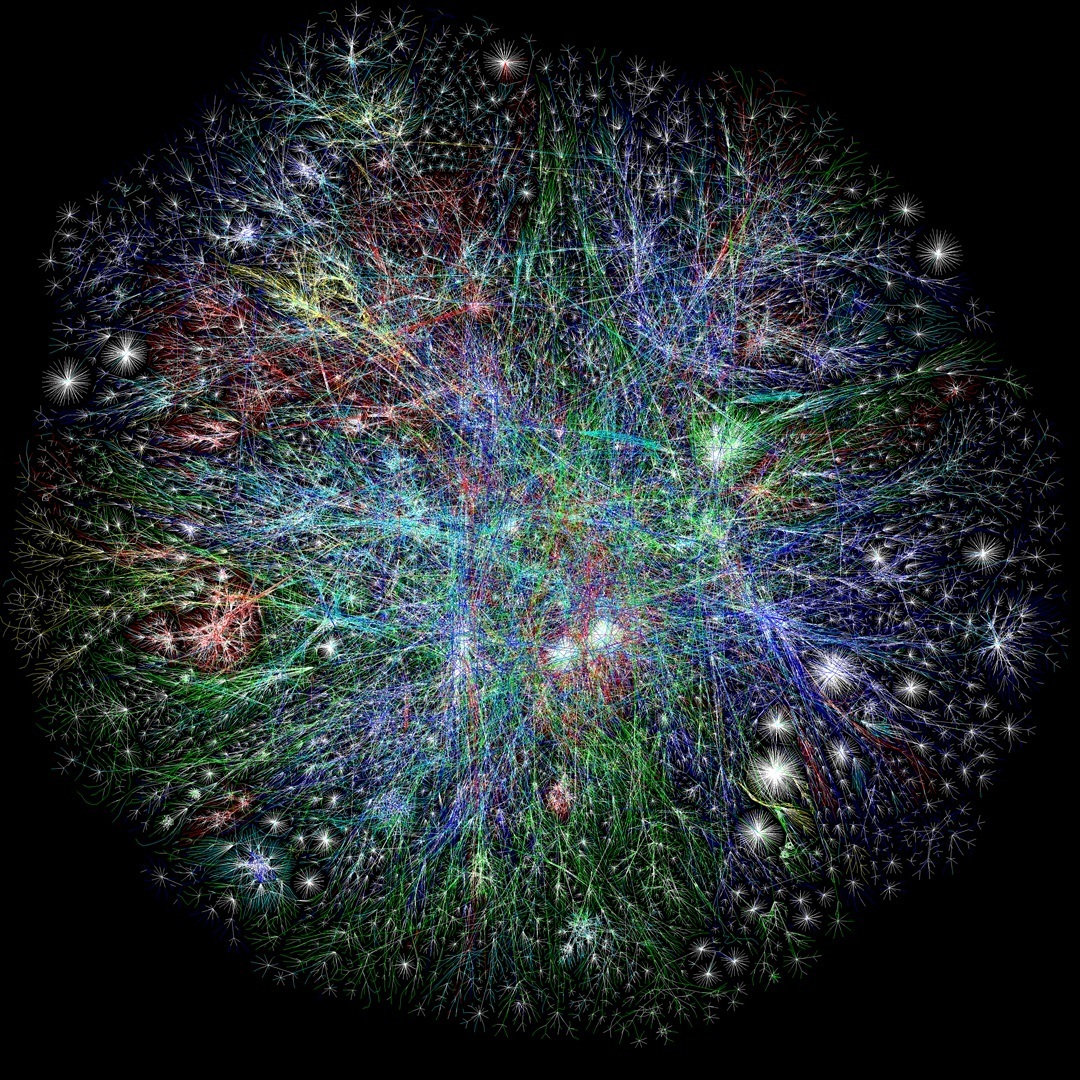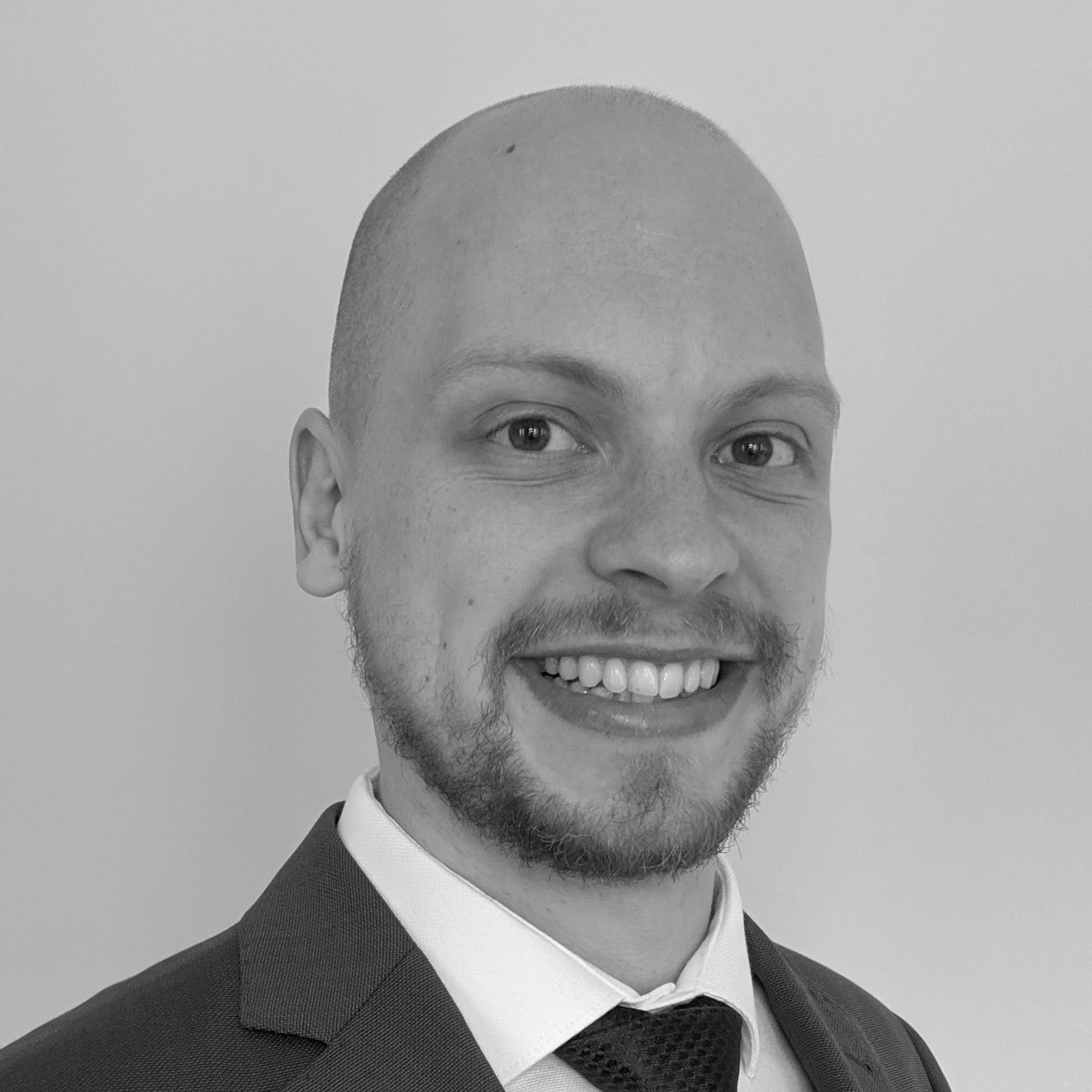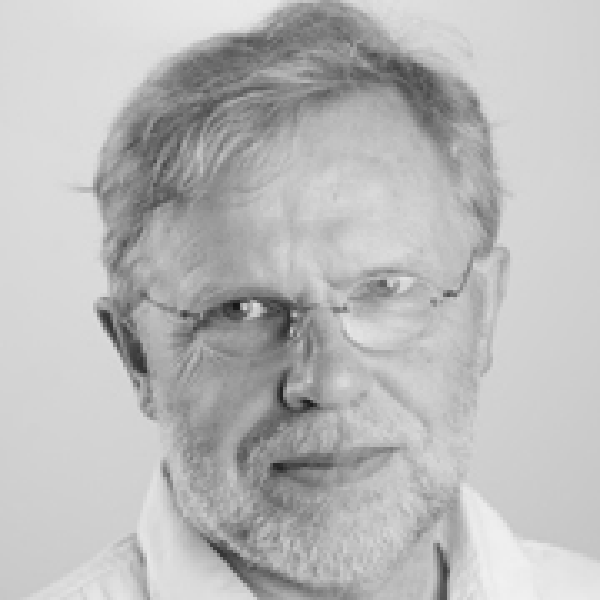Reprogramming the cell
6 PM, 7 Aug 2020
Physicists and biologists discuss theoretical models of cell programming and reprogramming, shaped by experimental innovations at Bit Bio.
Until recently, the idea that developmental biology was a one-way process was widely accepted. The advent of cell reprogramming tore this apart, revealing that cells can retain the ability to change identity. Given the complexity of genetic and cellular processes across multiple organizational length scales, the mechanisms driving cell fate are still obscure. Following our recent partnership with Bit.Bio, we are building theoretical models and methods of inference to shed a light on the programmes piloting cellular function. We’re also recruiting theorists in cell programming and machine learning.
In this event, we investigate theoretical approaches to describe and predict cell identity, shaped by experimental innovations at Bit.Bio. Applied mathematician and LIMS postdoc Ryan Hannam talks about building models of gene regulation and cell identity grounded in biological fact. Cell coding company Bit.Bio discusses their breakthrough technology, followed by another speaker we are recruiting; if you want to talk, email Ryan at rh@lims.ac.uk. After, there is general discussion on how to accelerate this moonshot mission.
Staying safe at LIMS during COVID-19
The London Institute has taken all necessary actions to ensure it complies with the government’s guidance on managing the risk of COVID-19 at the workplace. We are fortunate to have a building with sufficient space to keep people appropriately separated. If you have questions, please contact Ben Lynch at bl@lims.ac.uk.
Late Night at London Institute
Late Night at London Institute is a series of meetings at which junior scientists get to know each other and discuss a particular research theme in the evening. They start at 6 o’clock with drinks, followed by 15-minute talks and further drinks and discussion into the night.




LCP












Speakers

Dr Ryan Hannam is a postdoc at the London Institute & received his PhD from King's College London. His research interests centre on the emergence of multicellular life from genetic interactions. He uses tools from the statistical physics of complex systems and neural networks.

Kaiser Karim is a Scientist at bit bio specialising in making and analysing cells in the central nervous system from human iPSCs, especially glutamatergic neurons. He did his PhD at the University of Cambridge in Mark Kotter’s lab, investigating the mechanisms of NGN2-driven cell reprogramming.

Reimer Kühn received a PhD in Theoretical Physics from Kiel University in 1987. He held post-doctoral and lecturer positions at the University of Heidelberg, and visiting professorships at Leuven, Bordeaux and Gottingen. He has been a member of the Mathematics Department at King's since 2003. Reimer Kühn has broad scientific interests in the field of Statistical Mechanics of Complex and Disordered Systems.